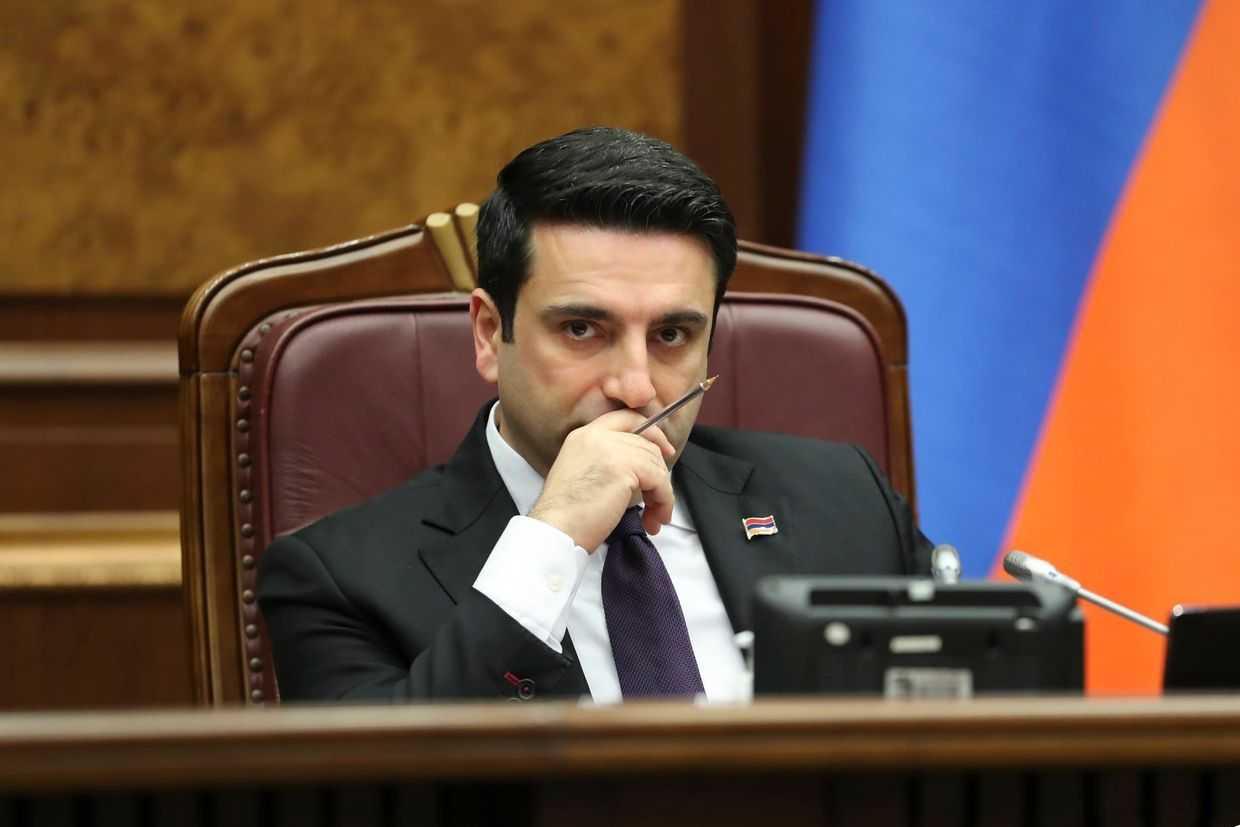
Armenia is one step away from ratifying regulations for its joint border delimitation commission with Azerbaijan, which has yet to ratify the same regulations.
On Monday, the Armenian Parliament’s Foreign Affairs Committee approved a bill to ratify the Armenia-Azerbaijan regulation on joint activity of the commissions on delimitation.
The following day, the bill was debated at a plenary session of the Armenian Parliament. The session was boycotted by opposition factions, who were concerned about the lack of synchronicity with Azerbaijan.
The bill is expected to be ratified by parliament later this week.
A lack of progress with Azerbaijan
On Monday, Armenia’s Deputy Prime Minister and chair of the Armenian State Commission on border delimitation, Mher Grigoryan, stated there have not been discussions about the next phase of the border demarcation between Armenia and Azerbaijan. He added, however, that he believes it should be decided ‘by consensus’.
He noted that the sides had agreed to meet and make decisions ‘on the issue’ following the approval of the regulation and the completion of internal procedures.
Grigoryan said that he is not worried over whether Azerbaijan would ratify the regulation, but noted that ‘the signing logic assumes that it should be synchronous’, and that if the ratification process is not completed by one of the parties, ‘the process will be interrupted’.
Grigoryan also stated that the subsequent delimitation process would be based on several maps.
On the same day, an Initiative Group on Return to Western Azerbaijan was established in the Azerbaijani Parliament to facilitate the rights of ‘forcibly deported Azerbaijanis to return to their native lands’.
‘Western Azerbaijan’ is an irredentist concept used by some in Azerbaijan, including the authorities, to lay claim to the territory of modern-day Armenia.
This move was seen by Armenian opposition groups as a ‘response’ to the Foreign Affairs Committee approving the regulations.
‘Today in the parliament, the infamous regulation reporter, the Deputy Prime Minister of Armenia, expressed confidence that the process of adoption of the regulation is underway in Azerbaijan, synchronously, but the Milli Mejlis of Azerbaijan has, not coincidentally, taken a symbolic step today’, Tigran Abrahamyan, an MP from the I Have Honour faction, wrote on Facebook.
Yerevan and Baku originally agreed in late April to delimit parts of their shared northern border, following Azerbaijan’s demand that four abandoned villages under the control of Armenia since the 1990s be ‘immediately released’. Days later, Armenian Prime Minister Nikol Pashinyan hinted at a unilateral handover of territory to avoid war.
This caused controversy in Armenia, and concerns were raised that Azerbaijan had no intention to hand over power in the territories it had occupied in 2021 and 2022.
On 30 August, the regulation concerning the joint activities of the state commissions was completed following a two-month delay. Five days later, the Armenian government approved the regulation, after which, at the end of September, the Armenian Constitutional Court ruled that the regulation was in line with Armenia’s constitution.









